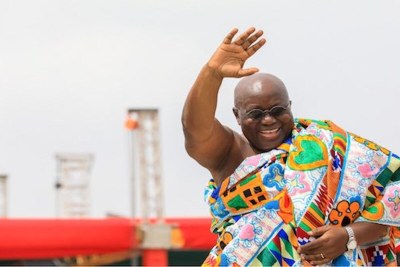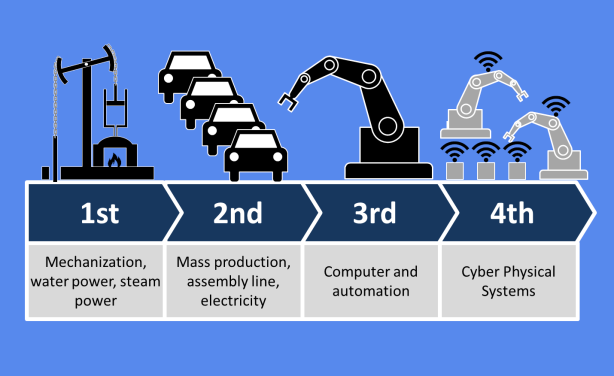-
Daily Maverick, 20 August 2020
Each one of the previous industrial revolutions had devastating consequences for Africa. Why should we expect that a 4th Industrial Revolution would benefit this continent and its… Read more »
-
Africa: How Rwanda Is Spurring a Generation of Women in Technology
African Development Bank (AfDB), 22 June 2020
Rwanda is renowned as a pioneer for gender equality. Read more »
-
Africa: The Relevance of Digital Skills in the COVID-19 Era
African Development Bank (AfDB), 17 June 2020
The COVID-19 global pandemic has changed how the world functions, illustrating the limitations of many existing systems and highlighting the need to reimagine the role of… Read more »
-
South Africa: Women Need to Be At the Forefront of Digital Transformation
Daily Maverick, 22 June 2020
Women are still unfairly under-represented in the digital sphere and need to be brought in to give shape to the transformation under way. Read more »
Who Will the Fourth Industrial Revolution Really Benefit?
Each one of the previous industrial revolutions had devastating consequences for Africa. The experience by Africans of the First Industrial Revolution (1IR) was one of the intensification and increased brutality of enslavement. The transatlantic slave trade has been described by historians as a "triangular trade" that was fundamental to the 1IR. African people were captured and sold on to ships and transported across the Atlantic to become slaves on plantations in the Americas. The cotton that they produced was transported across the Atlantic to the burgeoning textile factories in the north of England. The Second Industrial Revolution (2IR) simply deepened the colonial domination of Africa by the European nations (despite the abolition of slavery). It is significant that historians conventionally date both the 2IR and the "age of imperialism" as the period from the 1860s to 1914. From the point of view of Africa, they are the same historical phenomenon. The dominant experience of most African countries in the Third Industrial Revolution (3IR) has been that of increasing socioeconomic marginalisation. According to the Foresight Africa 2020 Report, the Fourth Industrial Revolution (4IR) is characterized by the fusion of the digital, biological, and physical worlds, as well as the growing utilization of new technologies such as artificial intelligence, cloud computing, robotics and 3D printing. Why should we expect that a 4IR would benefit this continent and its people, writes Ian Moll for the Daily Maverick.
InFocus
-
As the Covid-19 outbreak forces the cancellation of trips, large gatherings and a slowdown in manufacturing, the economic damage is mounting across the world, but could the ... Read more »
-
Ghana can not continue to be a raw material producing nation, says President Nana Akufo-Addo. Read more »




